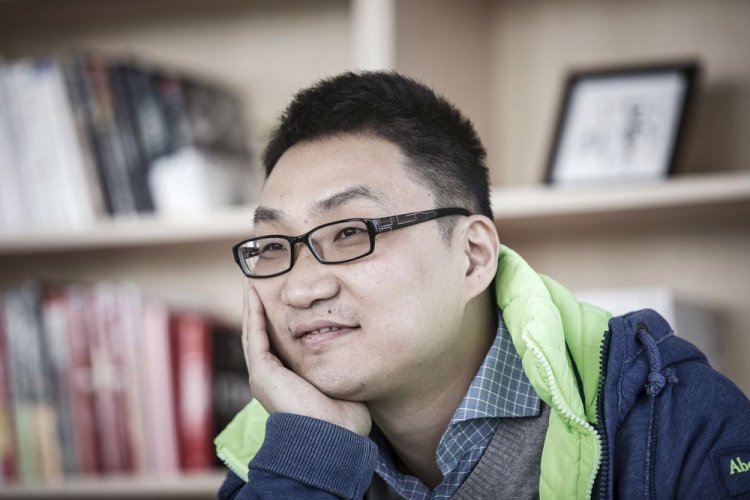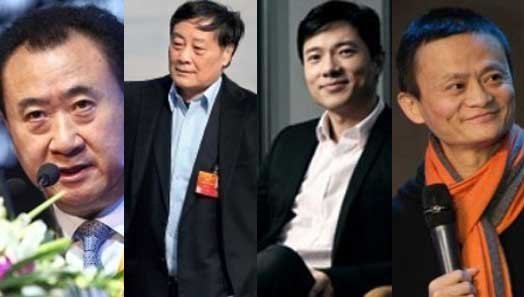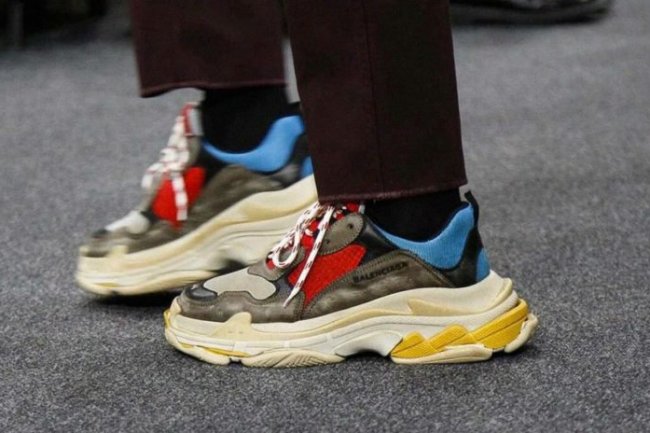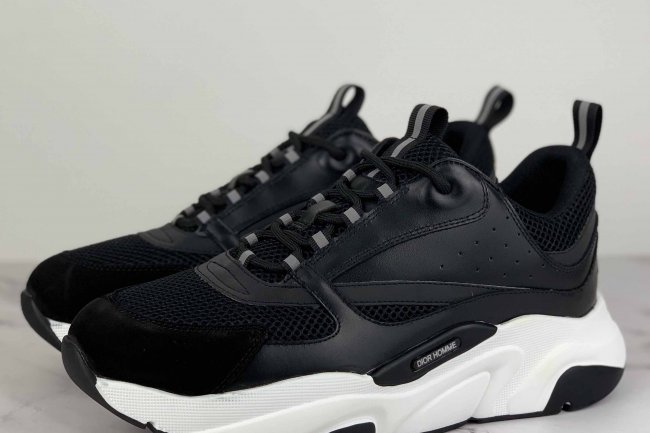Are Chinese designers the future of luxury collaboration?

China's continued thirst for collaboration from food to wellness means that we are unlikely to end soon. This latest iteration is a great twist, as global companies have recorded independent Chinese designers. As the collaboration between Feng Chen Wang and Converse shows, a long-lasting, genuine partner will give you the best results. Additional offline activities like pronunciation and diesel enhance the excitement and enhancement of online. While these young designers provide a direct lifeline to young mainland consumers, these collaborations are declining around the world and the international position of these Chinese names is increasing. Is shown. The last few weeks have been an interesting story about fashion drops. The latest collections and products of four international brands, Converse, Diesel, Canada Goose and ASICS, have one thing in common. It's a collaboration led by a young independent Chinese designer.

How has the era changed: Five years ago, the idea that a big global name could attract and collaborate with independent Chinese designers was frankly unthinkable. In the past, citizens were more likely to see Western designers working under local names. This practice was hidden in the shadows, like Graeme Black, the former creative director of Ferragamo designed for the local cashmere giant Eldos, or in the foreground, like the partnership with Bossiden X Jean Paul Gaultier.

But there is one thing that is clear. China loves collaboration and is unusually good (Fenty Beauty + Hey Tea and Burberry + Honor of Kings are two examples). Some Chinese brands, such as Vincent du Sartel's EP Yasui and Joeone in collaboration with Louis Gabriel Nouchi, still use international names, but the western world has also awakened and is open to mainland designer products. Is open.
What has silenced critics of this recent trend is that the product is available worldwide and uses these fledgling brands exclusively to reach Chinese millennials and GenZ viewers. The fact that you are dealing with the misconception that you are doing.
These homemade brands are undoubtedly benefiting from the continued thirst for Chinese homemade names, accelerated by COVID19, but we are now in the Chinese Century, or at least 10 in China. It is becoming increasingly clear that we are approaching the year.

With this in mind, Jing Daily will consider these four partnerships, the return on investment of both parties, the pitfalls to avoid, and when to peak cooperation. Designed for Converse,
Feng Chen Wang has shown a deeper level of partnership. Chinese menswear designer
Feng Chen Wang has not only built her personal brand, but is also a master of collaboration and already has many successful connections. In just half of that, she hit Ugg and Converse. Matthew Jung, Vice President of Converse Asia, said their 21 Chuck 70 is undoubtedly a bright place to stimulate consumer energy. "First and foremost, we are a brand dedicated to serving young people and encouraging their progress," he said. "In 2016 we partnered with Labelhood, where we first met the visionary female and designer Feng Chen Wang."

The partnership unfolded naturally, and Jung was a mega-brand. Since then, he has initially explained that he has worked with her by supporting the show. After that, she released the product and co-sponsored the show. “There is a unique duality to Wang that we`ve been able to explore and elevate together over the last few years,” he continued.
Regarding return on investment, Jung was equally pleased with that element of the relationship. “Obviously, there`s a financial aspect, too, and a return on investment that we`ve been pleased with, both in China and on a global level. But it`s equally important to us as a brand to look at the longterm community impact and invest with partners who can mutually grow with the brand,” he concluded. Indeed, this was a winwin for both parties, and consumers.
Chen can be considered one of the young talents of banking in China, with nearly 70 buyers already. No wonder the collaboration, but the previous team-up helped her create a global splash by appearing on Netflix's reality TV show Next in Fashion. Of course, according to Laurence Lim Dally, MD of Cherry Blossoms International Branding, there are pitfalls (political and cultural appropriation are the top two).

The previous collaboration between Adidas and Chen was considered controversial, as the campaign covered the often Asian themes of kung fu and table tennis. "Many of these Chinese designers are studying abroad and, paradoxically, have a Western view of Chinese culture," Dally explained. And Chen has consistently stayed true to her incorporation of traditional Chinese iconography and motifs into her designs.
The products released this month cleverly highlighted Chen`s statement product, the windbreaker, and her ability to interpret Canada Goose`s classic down jacket — showcasing her prowess in outerwear. An offering that played to both strengths. Pronounce for Diesel added extra offline punch Many of these releases are available in China first and then opened up to global territories. Diesel tapped Pronounce`s Yushan Li and Jun Zhou for a denimbased collaboration that was first available on Diesel`s WeChat store and then available globally a week after — adding exclusivity for China`s consumers.
Dally stated that Chinese consumers dislike the idea of being disassociated with global releases but extra events in China, can ensure domestic markets still feel special and localized. For this launch, Diesel curated an art party at an immersive Gen Z mall in Shanghai for the launch; the venue`s visual appeal ensured images made it onto sites like Little Red Book and Weibo.
In the past the two have also tapped celebrities like Wu Lei and Ding Yuxi, ensuring the partnership is authentic. Interestingly, Diesel`s reported doubledigit growth in the ecommerce sector; cooperations can bolster such a rise.
Finally, according to Dally, the main objectives for global brands when tapping Chinese collaborators is threefold: “to rejuvenate their image, convey originality — a core expectation of younger Chinese
What's Your Reaction?
















